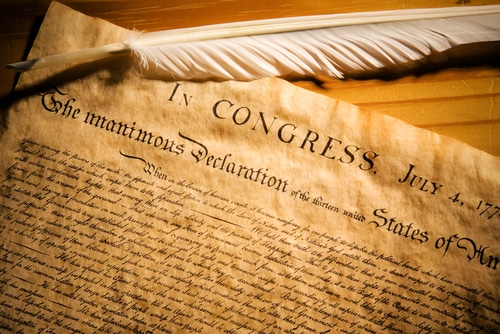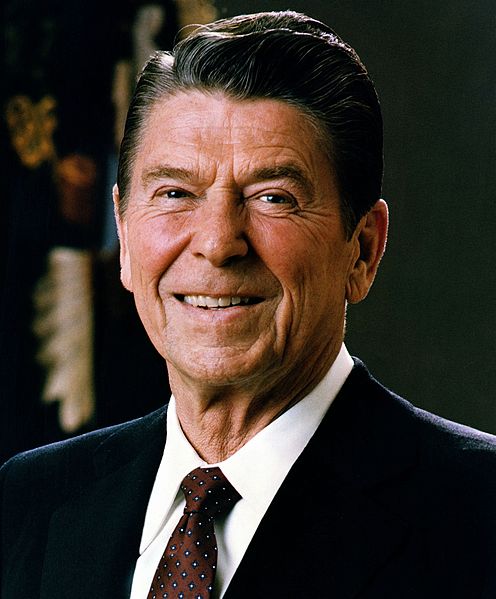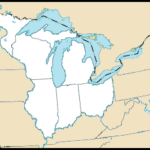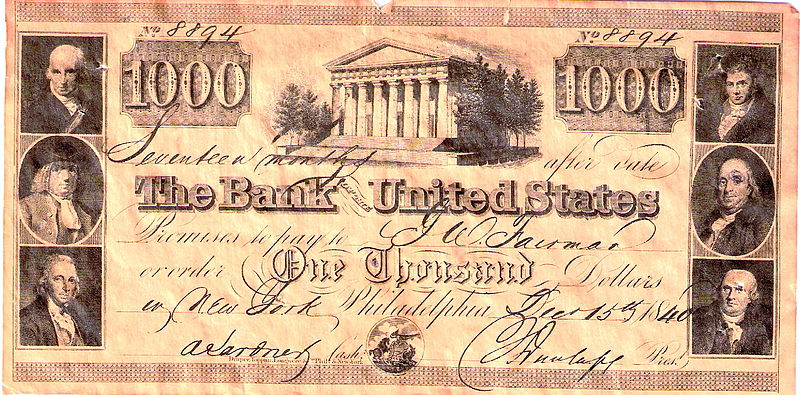
The Declaration of Independence declared the thirteen American colonies an independent nation, no longer bound to Great Britain. Declaration of Independence APUSH questions will likely cover the principles behind the document, as opposed to the specific grievances against King George.
What is the Declaration of Independence?
The Declaration of Independence is a formal document in which the Continental Congress representing the American colonies detailed its reasons for breaking political bonds with Great Britain. The document was drafted by Thomas Jefferson and was greatly influenced by the works of the 17th-century philosopher John Locke. In the declaration, Jefferson details the natural rights of all humans (life, liberty, and the pursuit of happiness), the ways in which King George violated those rights, and a formal proclamation of America’s independence.
Important years to note for the Declaration of Independence:
- 1775: The Revolutionary War begins
- 1776: The Declaration of Independence is drafted, approved, and issued
Why is the Declaration of Independence so important?
The Declaration of Independence established the founding principles of the nation, which would dictate American idealism up to the present day. By adopting the natural rights philosophy of Locke, Jefferson planted the seeds of a nation that would become rooted in the laws of freedom and equality. The document also set precedence for a social contract in which the people have a right and duty to revolt against the government when they interfere with the natural rights of individuals. While not a document of law, oppressed groups throughout American history would lean on the government to uphold the inalienable rights proclaimed in the Declaration.
What are some historical people related to the Declaration of Independence?
- Thomas Jefferson: Drafted the Declaration
- John Locke: 17th-century British philosopher whose ideas on natural rights influenced the document
- King George III: British monarch at the time of the Declaration
What example question about the Declaration of Independence might come up on the APUSH exam?
“We hold these truths to be self-evident, that all men are created equal, that they are endowed by their Creator with certain unalienable Rights, that among these are Life, Liberty and the pursuit of Happiness. — That to secure these rights, Governments are instituted among Men, deriving their just powers from the consent of the governed, — That whenever any Form of Government becomes destructive of these ends, it is the Right of the People to alter or to abolish it, and to institute new Government, laying its foundation on such principles and organizing its powers in such form, as to them shall seem most likely to effect their Safety and Happiness.”
– The Declaration of Independence (Source)
In drafting the Declaration of Independence, Thomas Jefferson used the philosophy of John Locke to
A) draft a code of binding domestic law.
B) justify the colonies’ war against Britain.
C) establish a republican form of government.
D) create a moral objection to monarchism.
Answer:
The correct answer is (B). The Declaration of Independence borrows from John Locke’s natural rights philosophy to declare that all individuals have the right to “Life, Liberty, and the pursuit of Happiness.” Furthermore, the document claims that when these rights are violated, the people have the right to abolish the oppressive government and install a new one. The document then goes on to list a number of grievances against the King, presenting them as evidence for all the ways Britain has violated the natural rights of Americans. As such, the Declaration of Independence was a means for the colonies to justify their opposition and attempt to topple British rule.





Leave a Reply